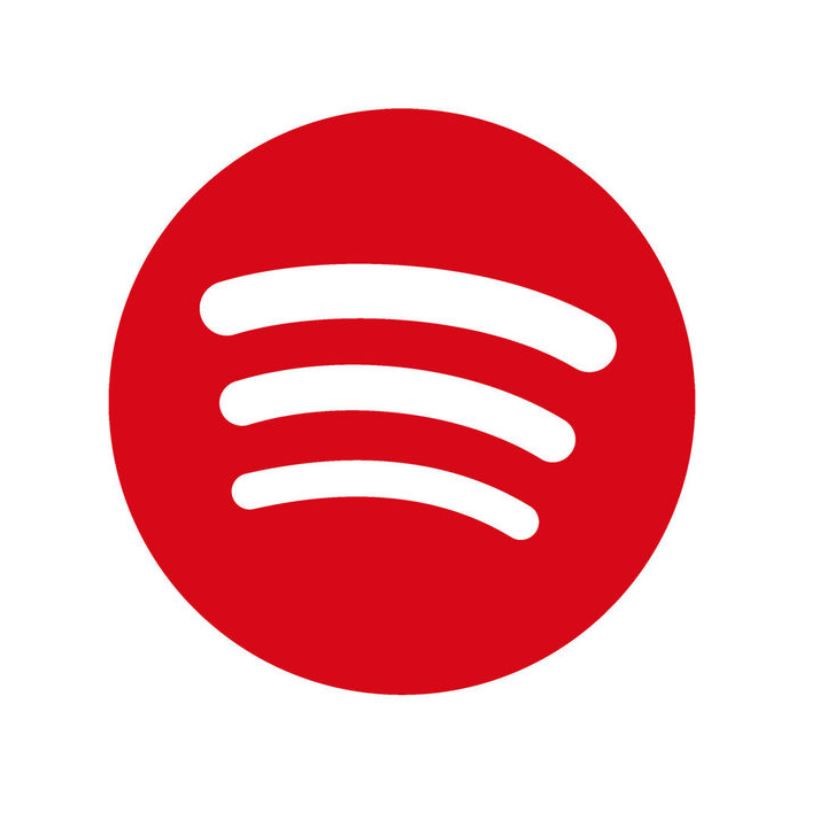
Featured
"Spotify - in the red again"
Konztroll
Hits: 2934
